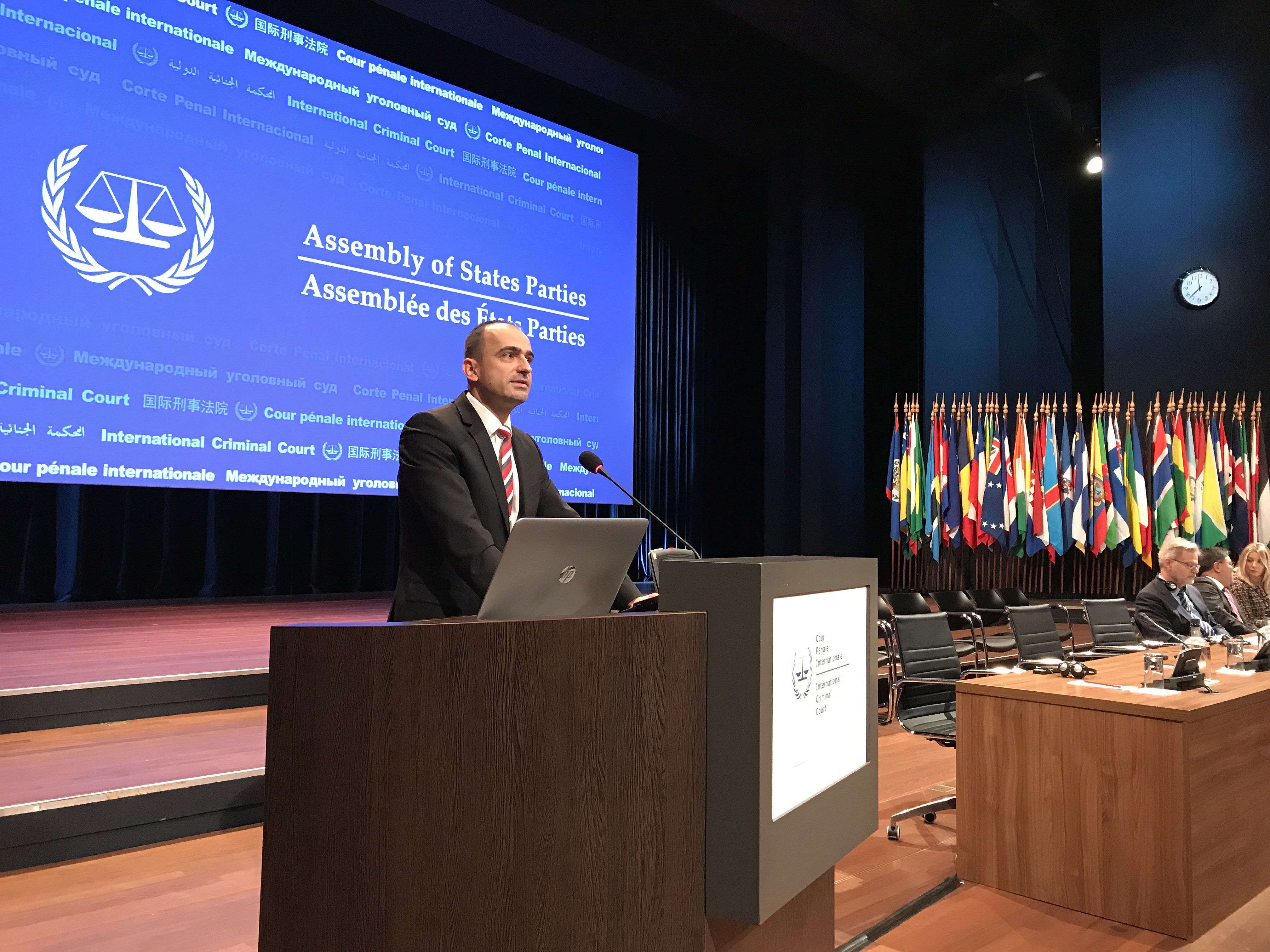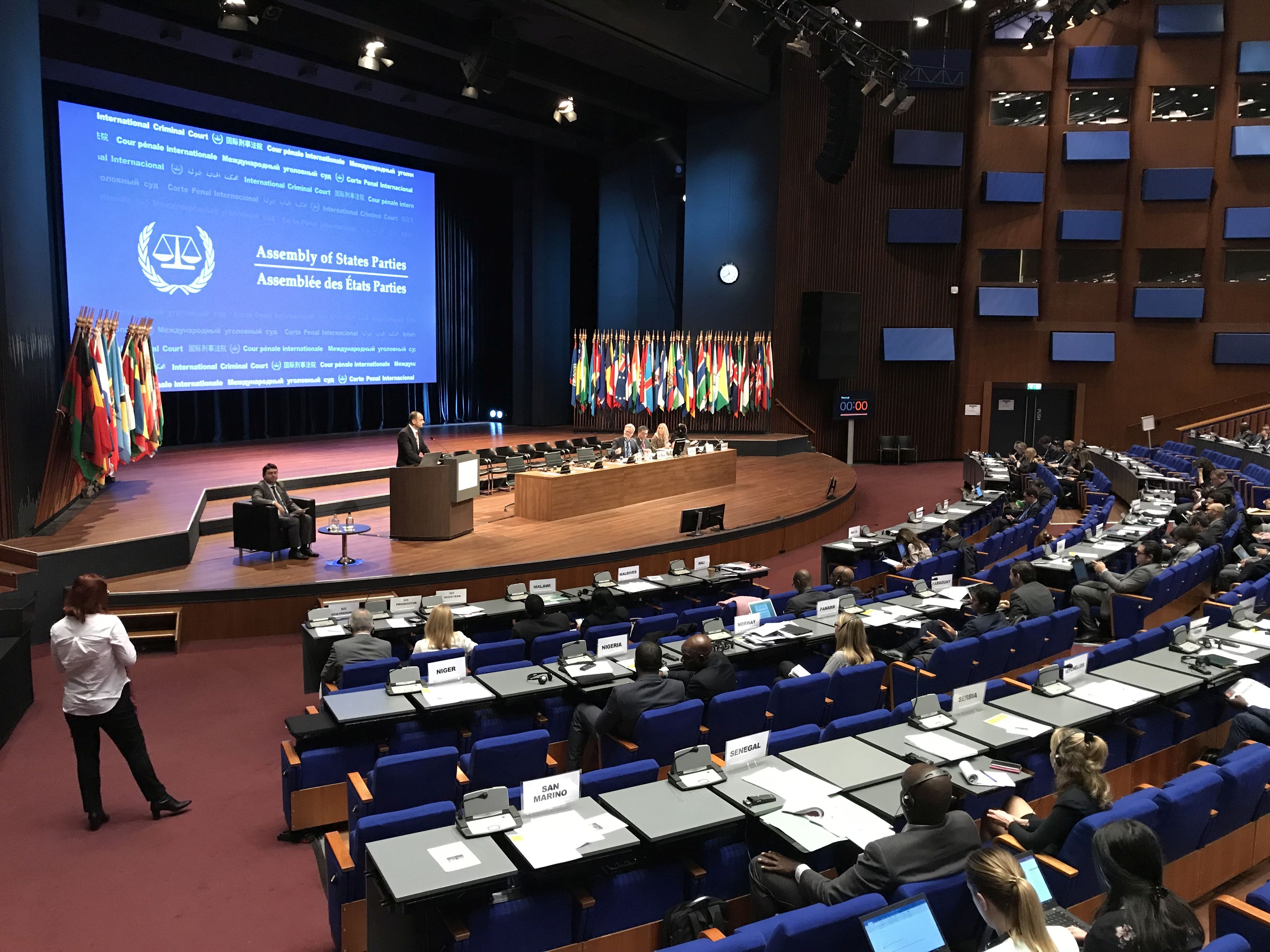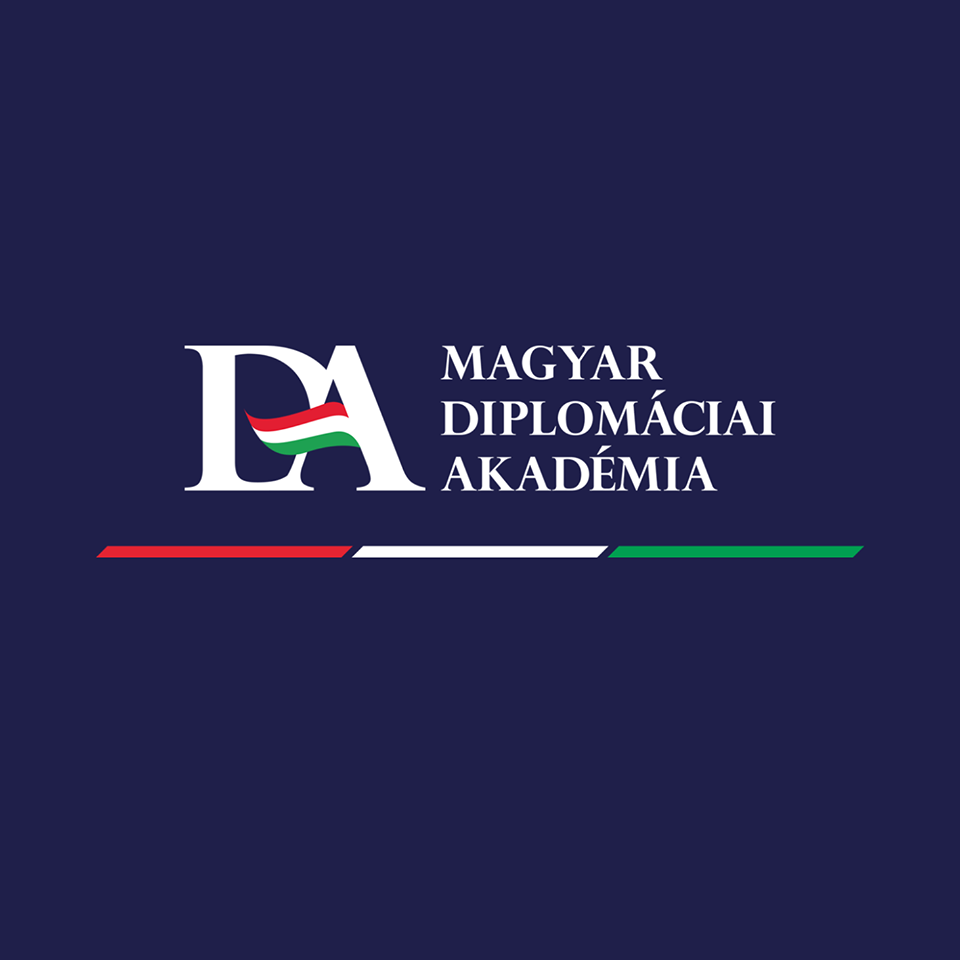On 6 December, Ambassador Kocsis delivered the folllowing statement at the General Debate of the 17th Session of the Assembly of States Parties to the Rome Statute of the International Criminal Court:


Statement by H.E. Dr. András Kocsis
Ambassador Extraordinary and Plenipotentiary
Embassy of Hungary to the Kingdom of the Netherlands
at the General Debate of the 17th Session of the Assembly of States Parties to the Rome Statute of the International Criminal Court
Mr. President,
Dear Colleagues,
It is my honour to address the Assembly of States Parties to the Rome Statute of the International Criminal Court on behalf of Hungary. While we align ourselves with the Statement of the European Union, I wish to add a few observations in my national capacity.
Twenty years have passed since the adoption of the Rome Statute, a cornerstone on the road towards the realisation of international peace and security. In the past two decades, the Court has lived up to its mandate by undertaking comprehensive and extensive efforts towards putting an end to impunity for the most serious international crimes. In order to bring perpetrators to justice , the integrity and independence of the Court shall be preserved; its impartiality shall not be questioned. The Court, on the other hand, shall continue to operate in a transparent manner, ensuring that both the judicial process and staff meet the highest professional and ethical standards. At this point let us remind of the prominent role of the Bureau and the Assembly in establishing a diligent, merit-based, transparent and fair election process to find the most suitable, highly qualified successor to continue the admirable work of Prosecutor Bensouda.
Mr. President,
Let me underline that in order to allow the Court to fulfil its goals and duties set out in the Rome Statute, States Parties should use every available means to strengthen and fulfil its mandate effectively. Realistic budgetary planning and streamlining shall enable the provision of adequate financial resources necessary to cope with the increasing workload of the Court.
The Court’s objectives can be achieved only with effective cooperation by the States Parties, particularly by expanding the scope of voluntary cooperation with the Court. Consequently, we believe, that the issue of non-cooperation is still one of the most serious threats the Court has to face. However, the lack of effective cooperation with a special regard to the execution of arrest warrants undermines the scope and purpose of the Statute.
The ICC shall be considered as an ultima ratio instrument, as it is inherent in the notion of the principle of complementarity.
Mr. President,
We believe that the protection and support of victims of international crimes is of utmost importance to the international community in the fight against the most heinous crimes. In conformity, my country is a dedicated supporter of the Trust Fund for Victims of the ICC and calls on States Parties to consider voluntary contributions serving the fulfilment of the Trust Fund’s mandate on assisting victims and awarding reparations.
Recent crises show the grim consequences of attacks against the civilian population. Religious and ethnic minorities are especially vulnerable, atrocity crimes committed against them shall not go unpunished, as it would undermine the efforts of the international community towards international peace and security. We would like to seize the opportunity to recall the proposal to the United Nations Security Council to refer the situation in Syria to the ICC.
Twenty years after the Rome Conference we have to analyse what the international community and the Court can do to adjust to contemporary challenges. During the past years we have seen the evolution of the methods and means of warfare, such as cyber terrorism, direct and indirect attacks against the natural environment and cultural heritage, and the rise of terrorist organisations.
We welcome actions by States, international organisations and civil society to voice their support for the Court and to promote universality through sincere dialogue and exchange of views with all those concerned. Universality remains one of the main challenges faced by the ICC.
Hungary recognises the important role played by the United Nations Security Council on the jurisdiction of the Court. We are convinced that strengthened and more effective cooperation with the ICC, both by the United Nations and by States Parties to the Rome Statute, in accordance with Security Council resolutions referring situations to the Court would contribute to the enforcement of decisions. My country is of the view that a veto should never be cast against a proposal that aims to end and prevent further atrocities.
Mr. President,
Since the adoption of the Statute Hungary has been and will remain strongly committed to the cause of the ICC and to the fight against impunity. Looking back at the past two decades, I would like to take this opportunity to express our gratitude to all those who have helped implement the noble principles of the Rome Statute, making the ICC a living, evolving, yet steadfast organisation.
Thank for your attention.




